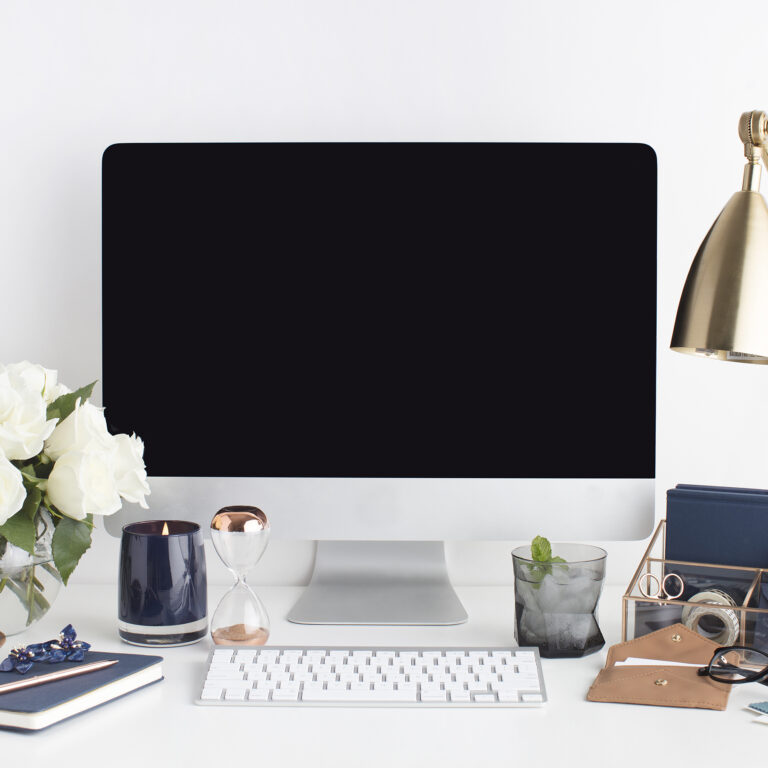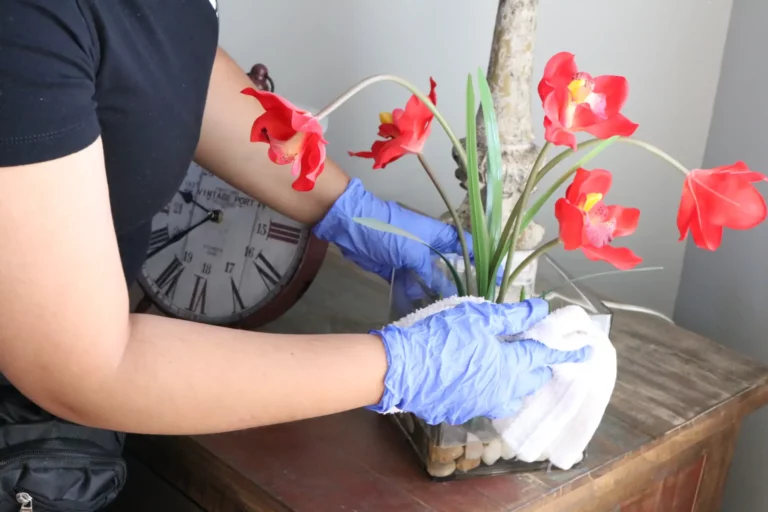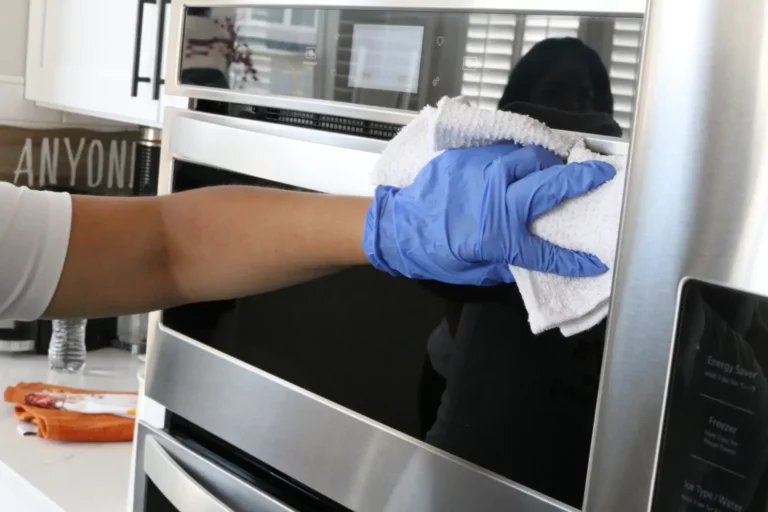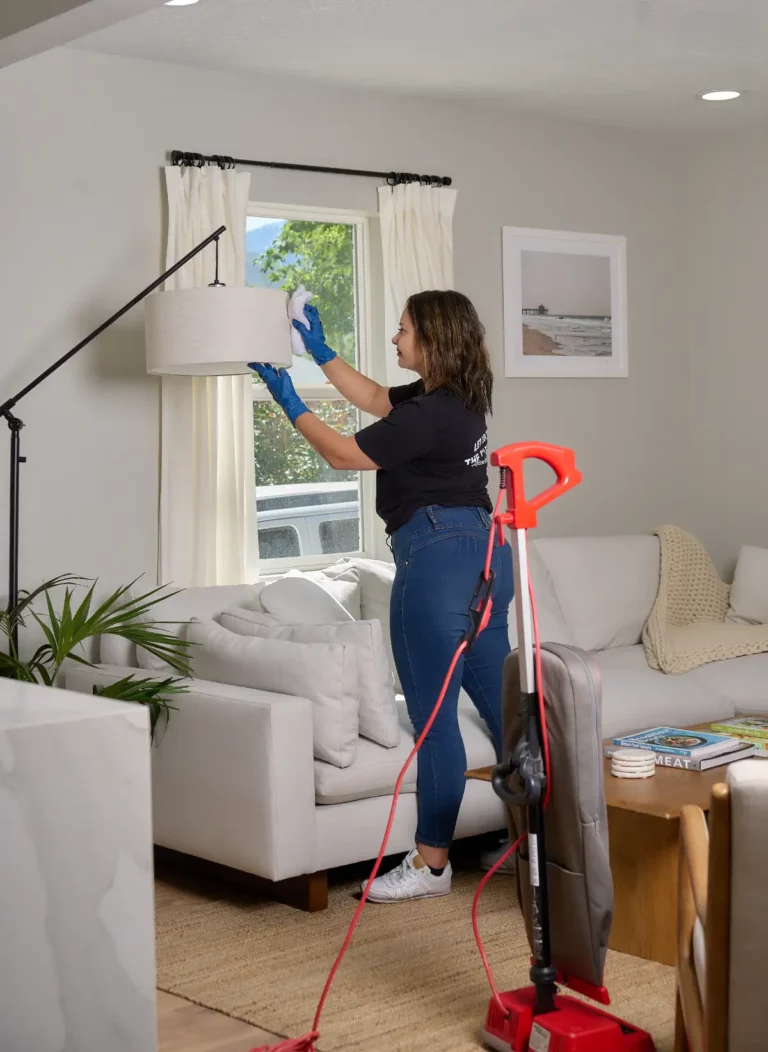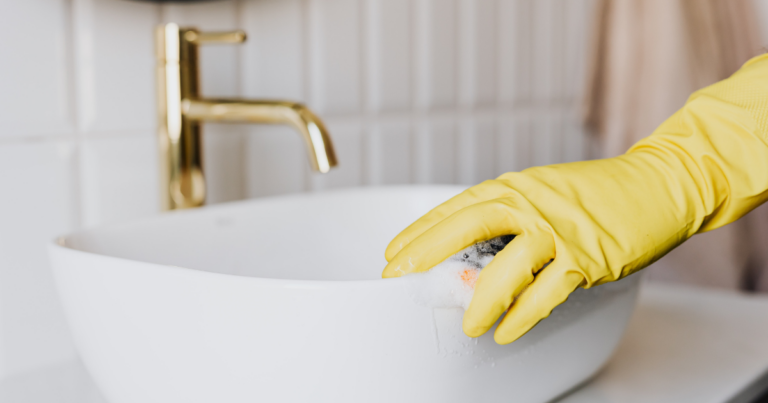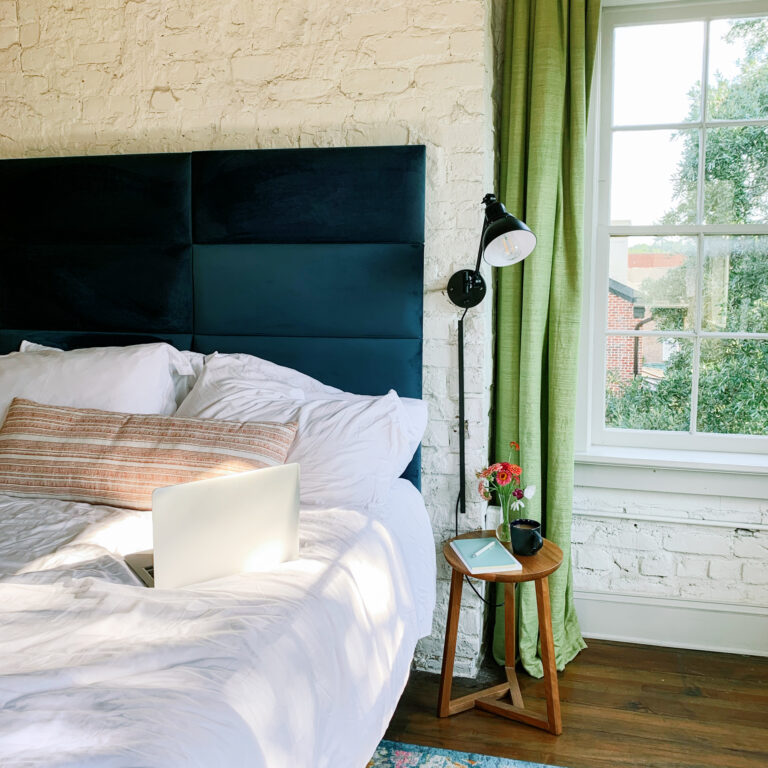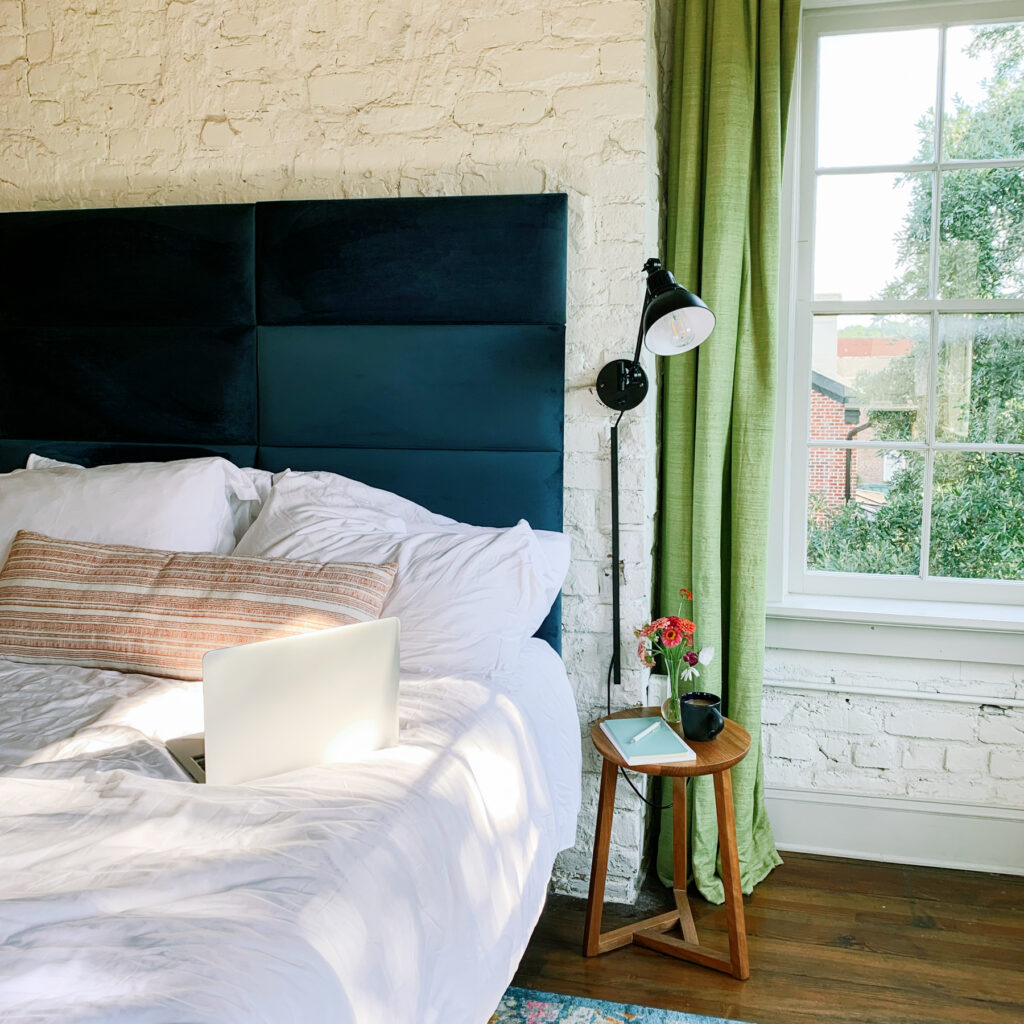
Improving indoor air quality is an important aspect of overall health and wellbeing. The average person spends approximately 90% of their time indoors, which means poor air quality can have a negative impact on respiratory health, allergies, and overall comfort. Learn how to keep your home’s air clean and healthy by following these 9 tips:
Increase Ventilation
One of the simplest ways to begin improving your air quality is to increase ventilation. This can be done by opening windows and doors or by using exhaust fans. Increased ventilation helps to remove pollutants and allergens from the air, which can improve the overall air quality. If you live in an area with high levels of outdoor air pollution, however, it may be best to limit the amount of outdoor air that enters your home during periods of high pollution. In this case, a mechanical ventilation system with air filters may be more appropriate.
Control Humidity
Controlling humidity is also an important factor in maintaining good overall air quality. High humidity levels can contribute to the growth of mold and mildew, which can release spores into the air and cause respiratory problems. Low humidity levels can dry out nasal passages and lead to other health issues. To help control humidity, use a dehumidifier in areas with high humidity levels, such as basements and bathrooms. A humidifier can be used to increase humidity levels in areas that are too dry, such as during the winter months when indoor heating can dry out the air.
Reduce Chemical Exposure
Chemicals found in cleaning products, pesticides, and other household items can contribute to poor air quality. To reduce chemical exposure, consider using natural cleaning products, such as vinegar and baking soda. Additionally, try to avoid using pesticides and other chemicals in and around your home.
Use Air Purifiers
Air purifiers can help to remove pollutants and allergens from the air. They work by pulling air through a filter that traps pollutants and allergens, then releasing clean air back into the room. There are many types of air purifiers available, including those that use HEPA filters, activated carbon filters, or UV-C light to filter and purify the air. It’s important to choose an air purifier that is appropriate for the size of the room and the type of pollutants you want to filter out.
Maintain Proper Ventilation of Appliances
Appliances like gas stoves, dryers, and water heaters can release harmful pollutants like carbon monoxide into the air. Proper ventilation is important to ensure that these pollutants are not trapped inside your home. Make sure that your appliances are properly vented to the outside and have them inspected regularly to ensure that they are functioning properly.
Keep Plants Indoors
Plants are a natural way to purify the air in your home. They absorb carbon dioxide and other pollutants and release oxygen back into the air. Certain plants, like spider plants, peace lilies, and snake plants, are particularly effective at filtering out common indoor air pollutants like formaldehyde, benzene, and trichloroethylene. Adding plants to your home can help to improve air quality and also add a natural touch to your décor.
Avoid Smoking Indoors
Smoking indoors is a major contributor to poor air quality. Secondhand smoke can cause respiratory problems and increase the risk of lung cancer, even for non-smokers. If you or anyone in your household smokes, it’s important to do so outdoors to reduce the risk of exposure to harmful pollutants.
Test For Radon
Radon is a colorless, odorless gas that can seep into homes from the ground. It is the second leading cause of lung cancer in the United States. Testing for radon is important, particularly if you live in an area with high levels of radon. Radon test kits are available for purchase at most home improvement stores.
Regular Cleanings
One of the simplest ways to maintain the air quality in your home is through regular cleaning. This includes dusting and vacuuming to remove dust, pet dander, and other allergens that can accumulate over time. It is also important to clean and replace air filters in your HVAC system regularly. A dirty air filter can reduce airflow and trap pollutants, reducing overall air quality.
Taking the time to improve the air quality in your home is an important step in promoting overall health and wellbeing. By following these 9 simple tips, you can create a healthier and more comfortable living environment for you and your family.

